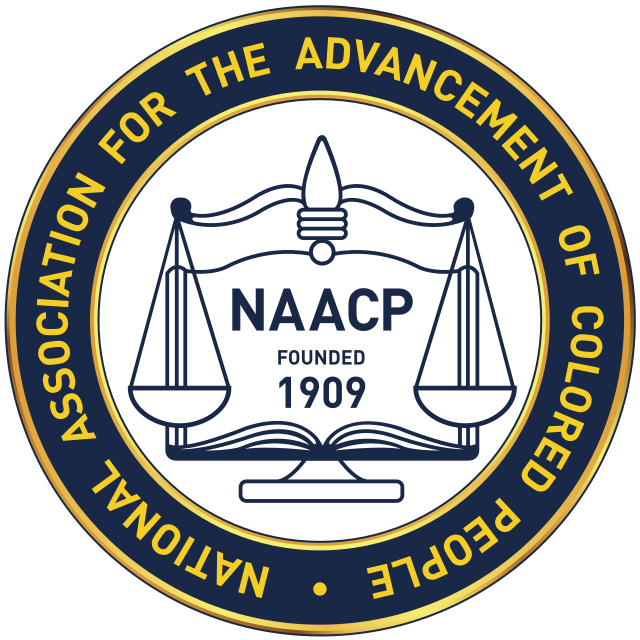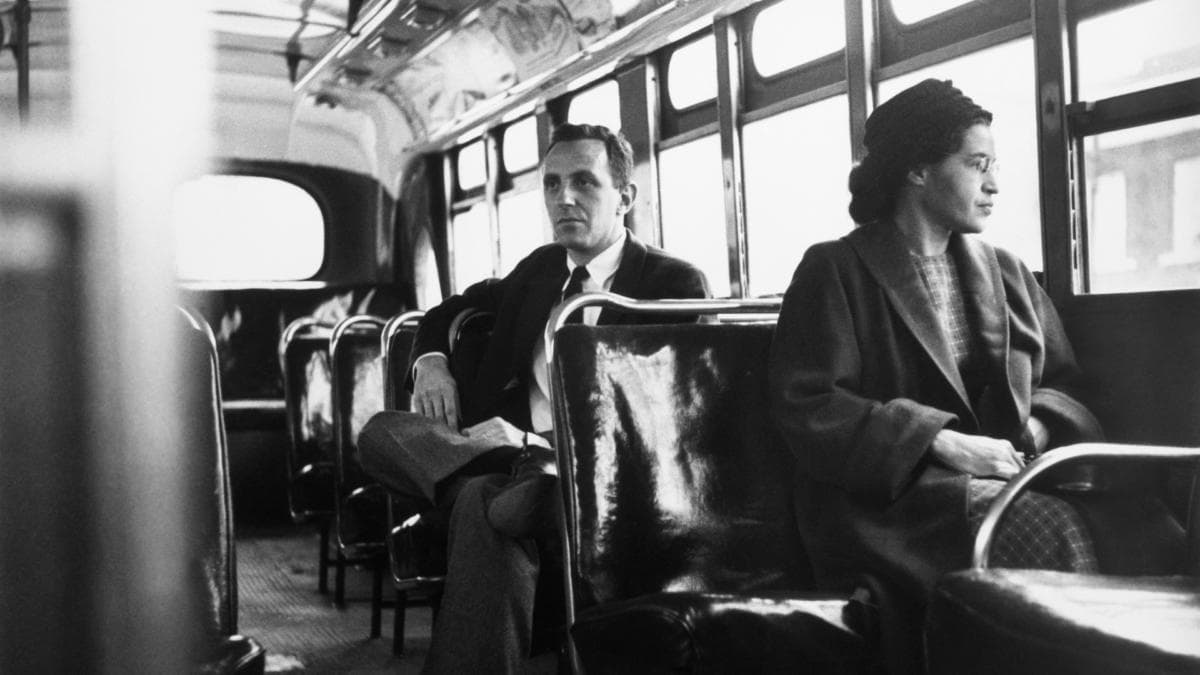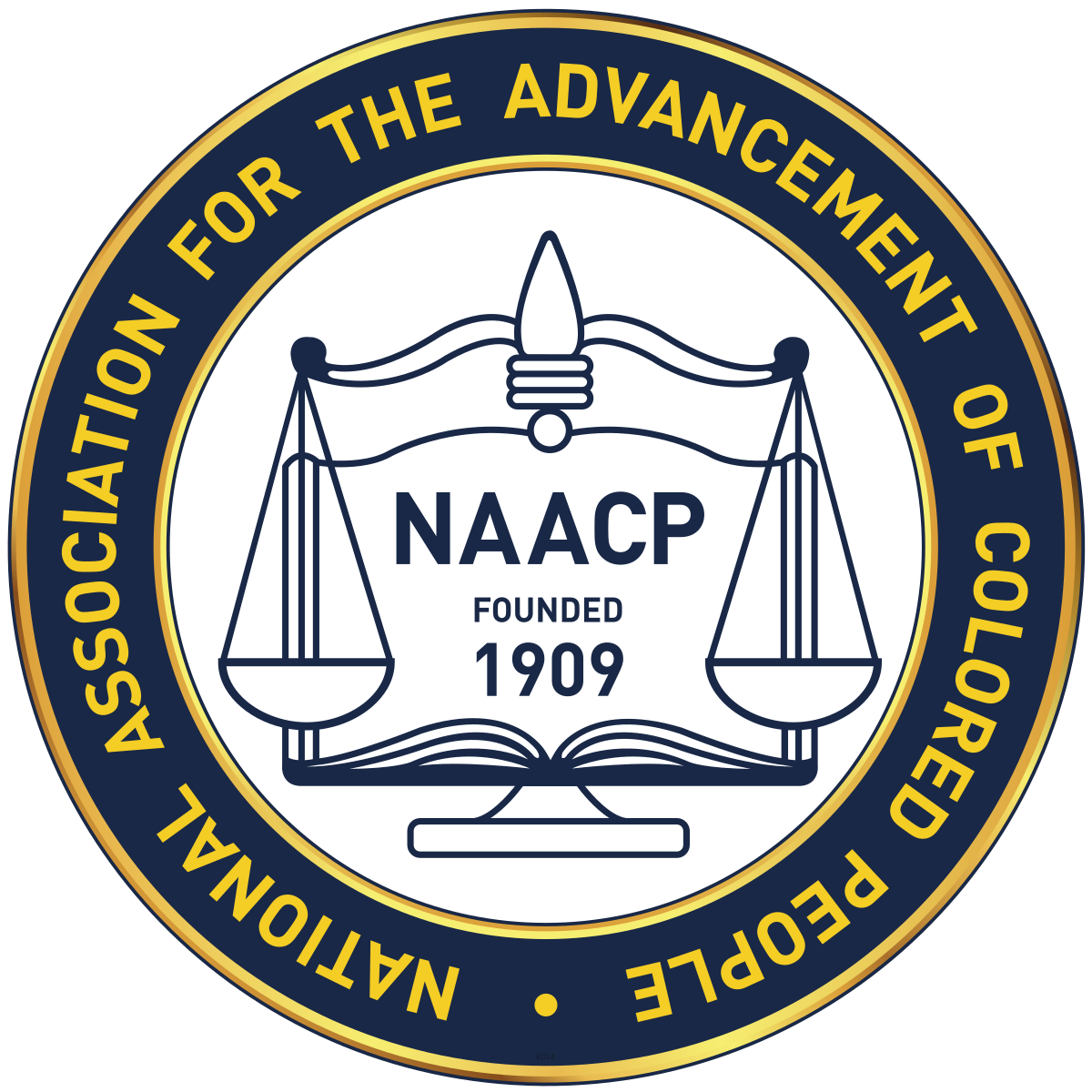
CHARLES SCHULZ (1922 – 2000)

On February 12, 1909, the 100th anniversary of Abraham
Lincoln’s birth, a group that included African American
leaders such as W.E.B. Du Bois and Ida B. Wells-Barnett
announced the formation of a new organization.
Called the National Association for the Advancement of
Colored People, it would have a profound effect on the
struggle for civil rights and the course of 20th-century
American history.



In Montgomery, Alabama on December 1, 1955, Rosa Parks was
jailed for refusing to give up her seat on a public bus to a white
man, a violation of the city’s racial segregation laws.
The successful Montgomery Bus Boycott, organized by a young
Baptist minister named Martin Luther King Jr., followed Park’s
historic act of civil disobedience.
“The mother of the civil rights movement,” as Rosa Parks is
known, was born in Tuskegee, Alabama, in 1913.
She worked as a seamstress and in 1943 joined the Montgomery
chapter of the National Association for the Advancement of
Colored People.



Martin Luther King Jr. (1929 – April 4)

Rosa Louise McCauley Parks (1913 – 2005)

On September 2, 1967, Chief Justice Earl Warren swore
in Thurgood Marshall, the first Black justice of the U.S.
Supreme Court.
As chief counsel for the National Association for the
Advancement of Colored People (NAACP) in the 1940s
and ’50s, Marshall was the architect and executor of
legal strategy that ended the era of official racial
segregation

Thurgood Marshall (1908 – 1993)

On February 12, 1909, the 100th anniversary of Abraham Lincoln’s birth,
a group that included African American leaders such as W.E.B. Du Bois
and Ida B. Wells-Barnett announced the formation of a new organization
Called the National Association for the Advancement of Colored People.
it would have a profound effect on the struggle for civil rights and the
course of 20th Century American history. The conference that led to
the NAACP’s founding had been called in response to a race riot in
Illinois.

A silent march in New York to protest the police treatment of blacks during riots in East St. Louis in 1917. They marched down Fifth
Avenue on that summer Saturday without saying a word.